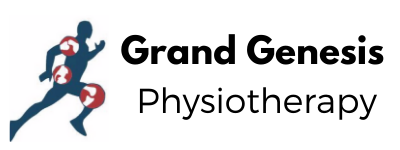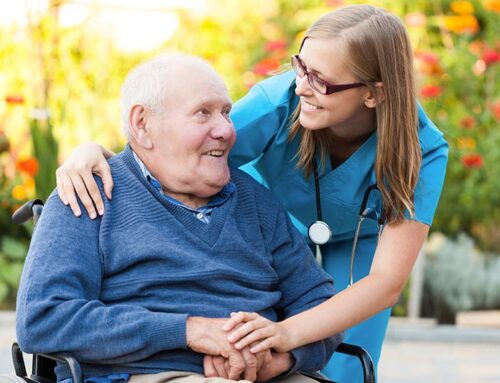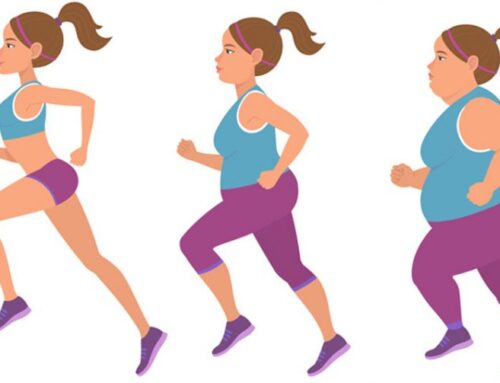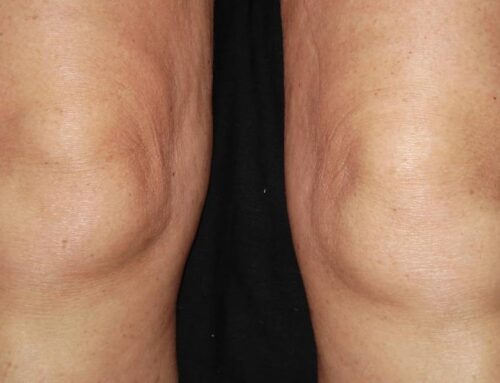During massage therapy, a therapist will manipulate your muscles and other soft tissues to enhance their function, promote relaxation, or both and help relieve depression.
Massage therapy* has been used in China for more than 3,000 years. Some practitioners believe it can help ease feelings of depression. They suggest that touch releases hormones in your body that create a sense of emotional connection. Massage may help calm your mind and improve your mood, as well as ease physical aches and pains.
While more research is needed, scientists have found evidence to support the idea that massage therapy can provide mental health benefits. According to the National Center for Complementary and Integrative HealthTrusted Source, clinical trials suggest that massage therapy may help relieve depression. It may also be a helpful addition to your overall treatment plan.
How can massage therapy help relieve depression?
When your muscles and connective tissues become stiff or rigid, it can cause pain and limit your movement. Massage therapy can help relieve this tension in your muscles and connective tissues. It also increases your blood flow and promotes relaxation.
If you have depression, massage therapy probably won’t cure your condition. But it may help relieve the physical symptoms associated with it. For example, massage may help alleviate sluggishness, back pain, joint pain, and muscle aches. It can also help relieve fatigue and sleeping problems.
What does massage therapy involve?
During massage therapy, your therapist will rub, stretch, and apply pressure to muscles in your body. Some styles of massage involve over-the-clothes touching. Others involve direct contact with your skin, often with scented oils. Some involve acupuncture needles, warm stones, or complex twisting poses.Here are some common types of massage used in the United States:
- Swedish massage:In this common method, your therapist will apply smooth, circular, kneading actions to your muscles.
- Chair massage: In this method, you will sit on a special chair and lean forward into a headrest. This is a good introduction to massage, since the sessions are usually short and don’t require you to remove any clothing.
- Deep tissue massage: Your massage therapist may use this method to treat tight muscles caused by stress or other problems. They will focus on the muscles closest to your bones, as well as their connective tissues.
- Shiatsu:In this technique, your therapist will apply firm pressure to specific points on your body, much like acupuncture. The pressure is more firm than in many types of massage, but it rarely produces stiffness afterward.
- Reflexology: In this type of massage, your therapist will apply pressure to areas of your feet that are believed to correspond with other systems and organs in your body.
- Aromatherapy massage: In this method, your therapist will combine massage with scented oils to help reduce stress or boost your energy.
- Hot stone massage: During this method, your therapist will place warm flat stones on your body to help relax your muscles. They will also apply pressure to the stones to relieve muscle tension.
Benefits of massage therapy
When performed by a trained professional, massage therapy is generally safe for most people. You’ll find that it provides immediate gratification. You may feel relaxed and calm from the time your massage begins. You can combine it with more conventional treatment for depression, such as medication and psychotherapy.
Limits of massage therapy
On its own, massage therapy won’t provide long-term relief from your depression. It doesn’t address the emotional or chemical problems that are causing your symptoms in a way that can be sustained. It shouldn’t be used as a replacement for more conventional treatment options.
What do the expert say?
Dr. Mason Turner, chief of psychiatry at Kaiser Permanente hospital in San Francisco, suggests that massage therapy can help treat depression by relieving muscle tension and improving physical health. Massage, he said, helps strengthen your body-mind connection.
“Anything that helps the person connect their mind and body together can be helpful,” he told Healthline.
The practice can help improve your overall health and aid in stress management. It can help relax your body, which, in turn, can relax your mind too.
The takeaway
If you suspect you’re experiencing depression or another mental health condition, make an appointment with your doctor. They will likely recommend medications, therapy, or a combination of both. Some complementary treatments, such as massage psychotherapy, may also help relieve your symptoms. Ask your doctor about the potential benefits of adding massage therapy to your treatment plan



